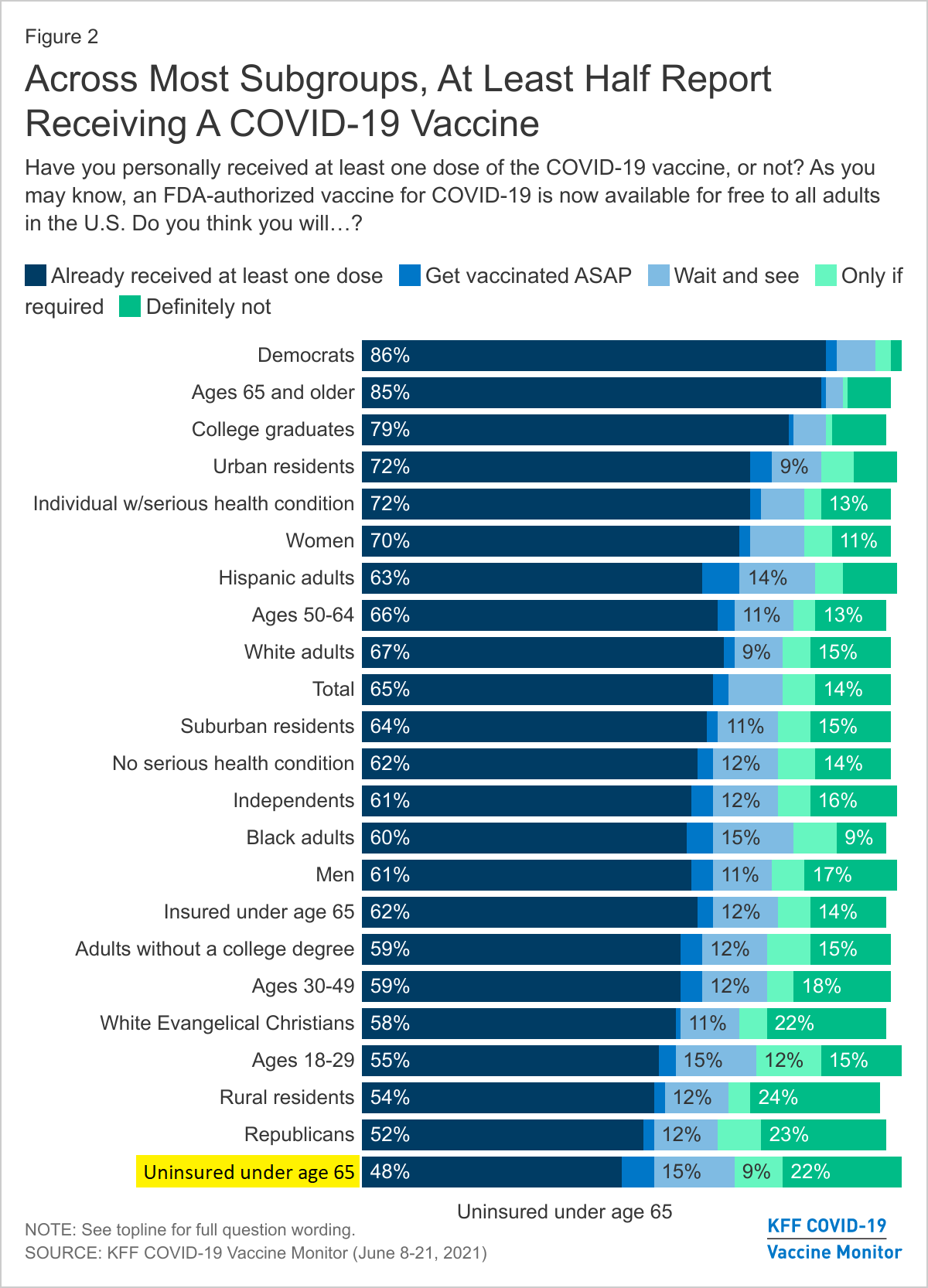
Public Policy Based on Anger and Fear
Anger is circulating freely these days. It’s nothing new. But harnessing anger and its close cousin – fear – is a skill social media algorithms seem to have mastered. Thus, politicians see an opportunity and anger grows. Punitive public policy scores points with constituents stoked by anger and fear. It seldom solves problems, though. In many cases it makes them worse.
Let’s take a look.
The Unvaccinated
Right now, a lot of anger is flowing toward people who haven’t had their jabs. Calling them “mouth-breathing knuckle-draggers” seems to satisfy a nasty urge in many people. Even Alabama’s Governor Kay Ivey is saying “It’s time to start blaming the unvaccinated folks” for problems with COVID surging again.
But this is a mistake. For one thing, the stereotypes don’t hold up. Although some people are adamant about opposing vaccines across the board, many other issues are at work. One big thing is insurance and healthcare status. Many people in America experience healthcare as something likely to harm and bankrupt them. States where more people have health insurance have higher rates of vaccination. Kaiser Family Foundation data shows that uninsured Americans are the one subgroup most likely to be unvaccinated.
Writing in the New York Times, Sarah Smarsh suggests we look elsewhere for the roots of this problem:
“Most importantly, we can direct our rage not at lost individuals but at systems of power that made our grim national death count the only plausible outcome. Is it so shocking that a caste-based society that exalts individualism and prioritizes profit above wellness — one of the only industrialized nations without universal health care — would fail to rise to the challenges of a collective health crisis?”
The Obesity Catastrophe
Anger and blame have been a big part of the response to obesity for decades. We have nothing to show for it, except a lot of stigma and bias directed at people living with the condition. In fact, that has made things worse. Lots of effort goes into catastrophizing obesity, which does little to provide helpful solutions. It only whips up anger, and policy based on anger and fear tends to be unproductive.
As it becomes obvious that shaming and blaming people with obesity doesn’t help, we move on to other targets. Big beverage, big food, fast food, sugar, salt, and fat are all tempting targets for our anger. But all that anger and efforts to drive those targets out of our lives haven’t resulted in any improvements in the situation. For four decades now, obesity has kept growing while we throw ineffective strategies at it.
A Better Path
Anger and fear can indeed motivate action. But to get us on a better path, we need objectivity and curiosity about a problem and the options for solving it.
To read more about misdirected rage, click here for Smarsh’s essay in the New York Times.
Sign of Anger, photograph © Gerry Lauzon / flickr
Subscribe by email to follow the accumulating evidence and observations that shape our view of health, obesity, and policy.
August 8, 2021

